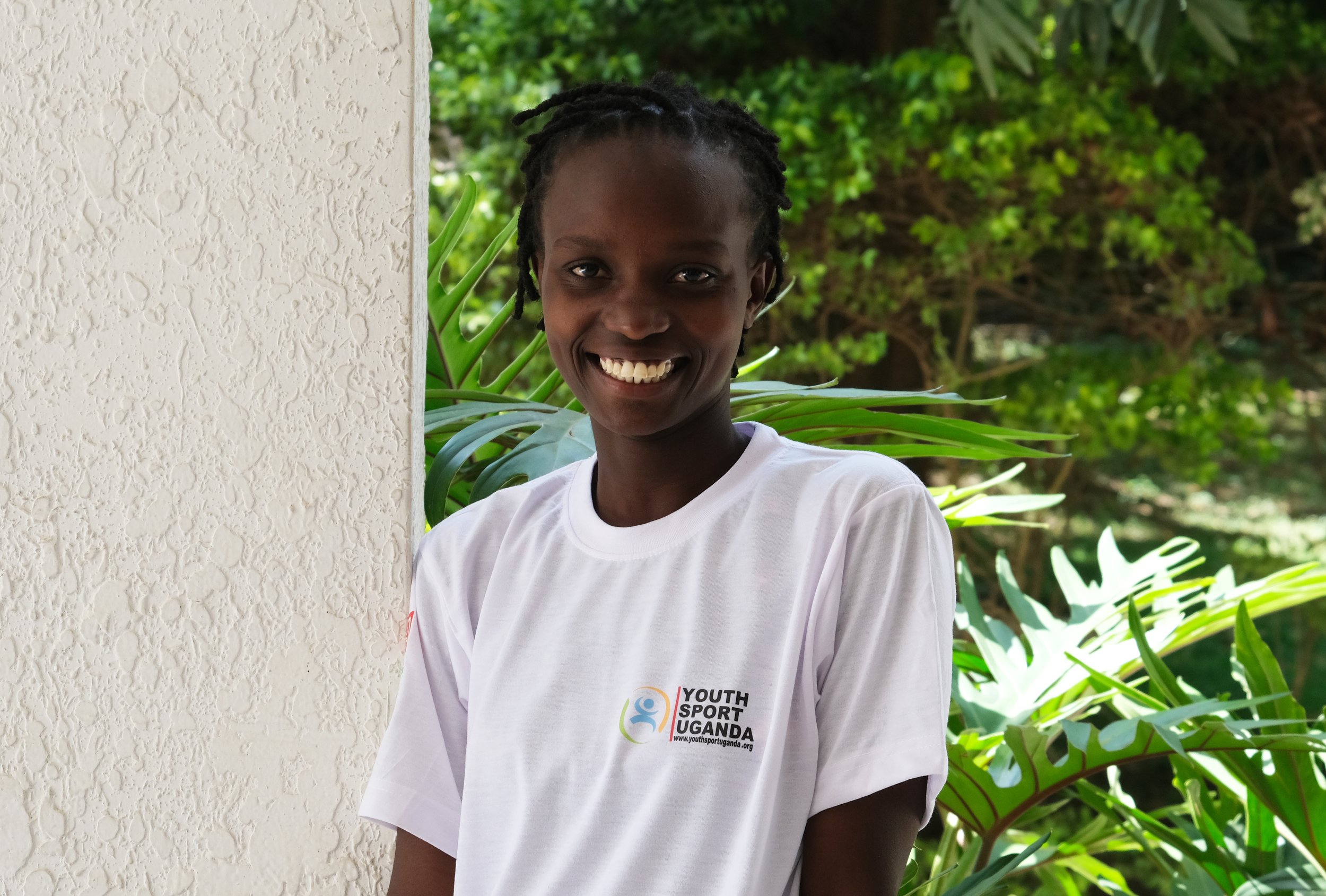
EGYPT
NAFAS
The goal of NAFAS is to initiate and manage sports programmes that give street children and young people at risk a place to breathe, hence their name, which means “breath” in Arabic.
By creating a positive space through sports, participants can receive help tailored to their unique needs with social reintegration as the ultimate goal.
Founded in 2012, NAFAS originally focused on helping homeless children who were living on the street, but over the years they have expanded their outreach programme to different areas of Cairo, and now also offer support to young people and men. While priority is given to those with more desperate needs, they have a “don’t turn anyone away” policy.
Country statistics
105 out of 189 in Human Development Index rankings
(UNDP, 2022)
Average annual salary per person $3,840 (World Bank, 2023)
30% of the population live below the poverty line (World Bank, 2020)
Egypt is the most populated country in the North Africa and the Arab world with 117.5 million calling the country home (Worldometers, 2025). Most of the country is desert, so about 95% of the population is concentrated in a narrow strip of fertile land along the Nile River, which represents only about 6% of Egypt’s land area (CIA World Factbook). 22.8 million people live in the capital (CIA World Factbook, 2023).
Egypt is home to 575,000 registered refugees and asylum seekers, with the majority coming from Sudan. The majority of refugees live in urban areas such as Cairo and the North Coast (UNICEF, 2024).
As of 2022, 1 in 5 people in Egypt were multidimensionally poor, this means that they are evaluated as being deprived in key areas such as health, education, housing and food security (OPHI, 2024).
There are no official statistics or reporting on homelessness in Egypt, but the Egyptian Centre for Housing Rights NGO estimates that about three million people are homeless, with people saying that the number has risen due to declining living conditions (Middle East Monitor, 2023). Other groups estimate the figure to be significantly higher, estimating the figure to be closer to 12 million (Greater Change, 2022).
People used to take refuge in mosques, however after a rise in terrorist attacks in the 1990s, the government closed mosques after evening prayers resulting in more people becoming street homeless. With only 25 registered social care homes nationwide that only offer support mothers with children and the elderly there is a severe shortage of places for people to go to access support (Middle East Monitor, 2023).
Between 2013 – 2020, the Egyptian government ordered the military to demolish more than 12,000 buildings – the majority of which were houses - and forced thousands to leave their homes in North Sinai during armed conflicts in the region. In March 2021, Human Rights Watch said this was likely to amount to war crimes (Human Rights Watch, 2021).
STORIES from the region










